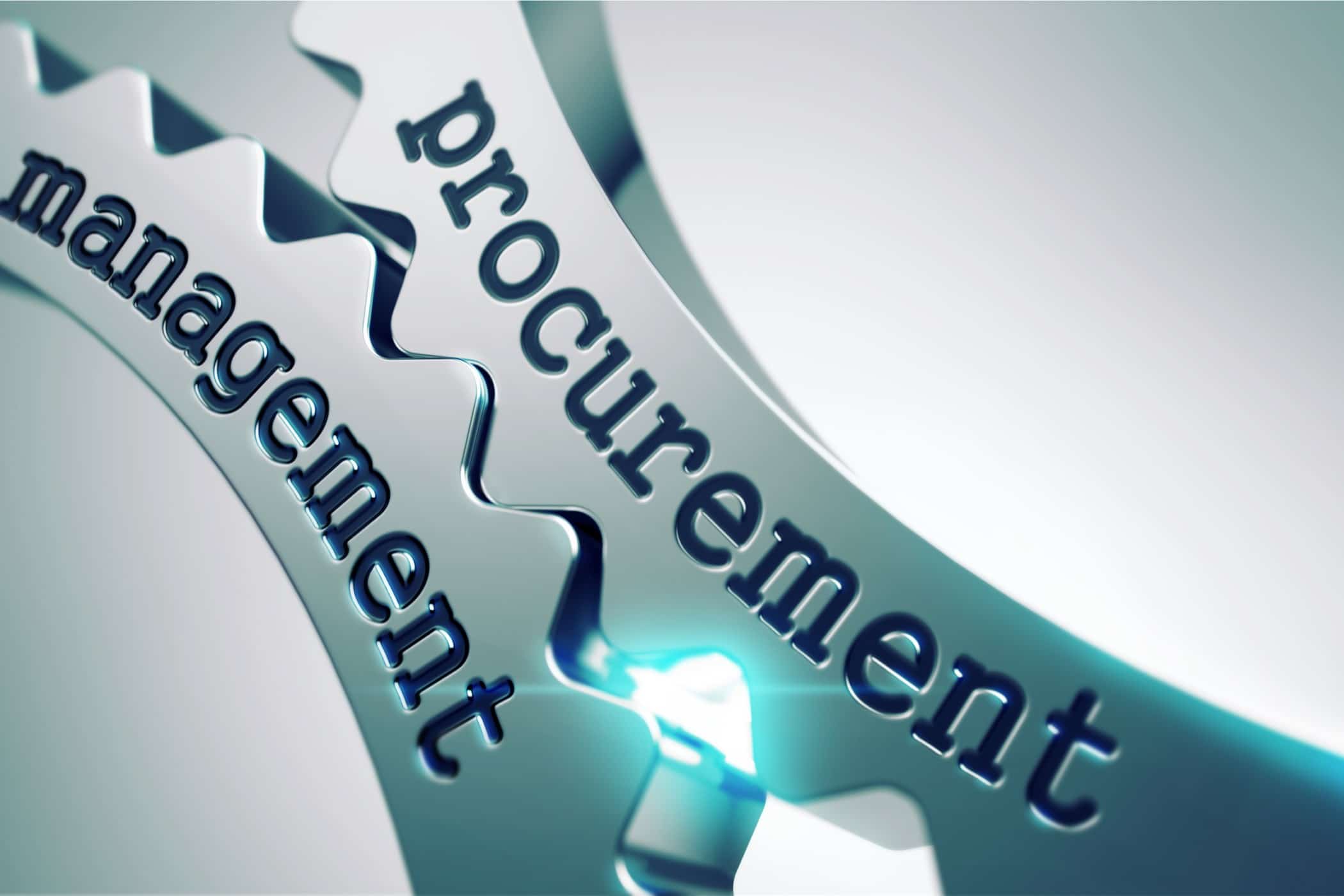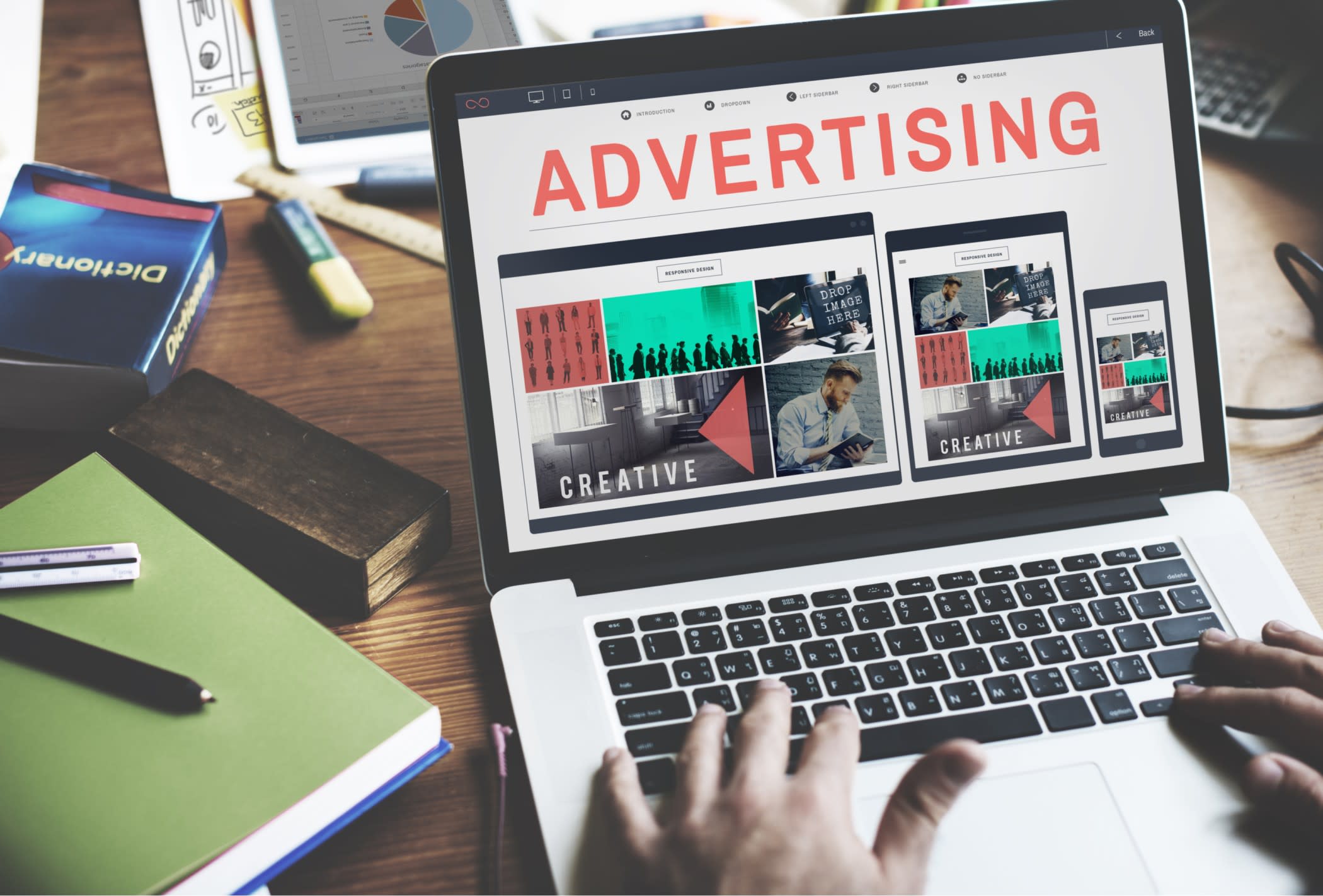Visual Merchandising Essentials for Fashion Retailers

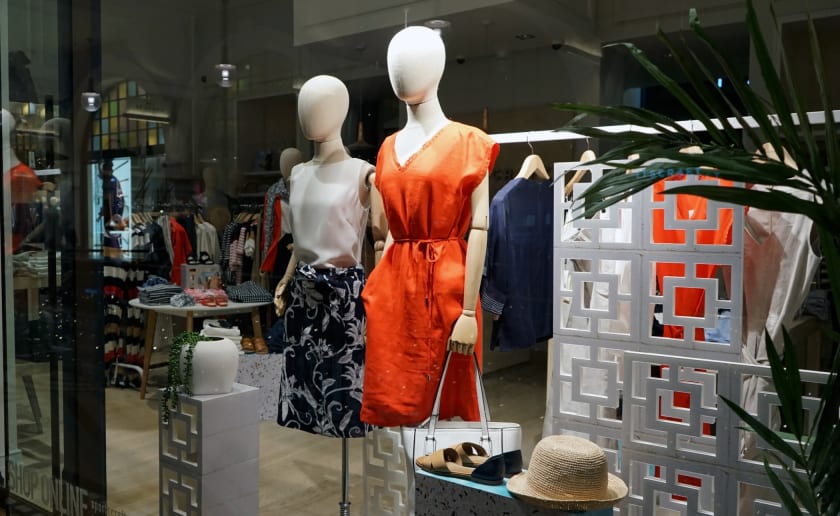

Visual merchandising in retail is an effective marketing technique you can use for your fashion retail store. It refers to how product displays can be optimized to draw customers to the store and increase sales. Visuals play a vital role in the success of your store and brand: your store's design and product displays are crucial factors in marketing your products efficiently, thereby increasing sales.
Visual merchandising in retail motivates customers to make buying decisions. Its main objective is to increase marketing efficiency and create an enjoyable shopping experience for customers through creative store designs and product placement.
To complement your fashionable clothing brand and strategic location, visual merchandising is absolutely essential. Without an attractive window display and in-store strategic product placement, it can be difficult to attract customers and meet your targets.
Here are some tips on how you can implement visual merchandising in retail to bring in more customers:
Key elements of visual merchandising
- Store exterior
- Store layout
- Interior of the store
- Interior display
- Color
- Maximum display
- Storytelling
- Point of focus
- Lighting
- Texture
- Empty spaces
- Décor
- Landscaping
You have to work on these key elements so that your customers are irresistibly attracted to your store.
Create an original idea for window displays
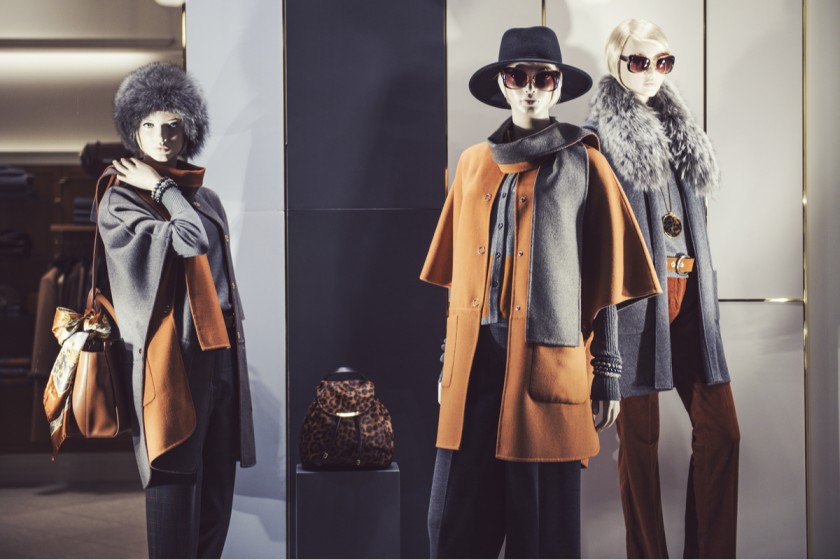
The first rule of visual merchandising in retail is that your window displays must be creative, unusual, and appealing. The more appealing they are, the more buyers you have.
Investing time and energy in your window displays may seem to be an extra effort, but it's definitely a good idea. Creative and unusual displays create an interesting visual story and instantly catch people's attention in the streets. The window display is your first point of contact with your customers. So you must spend ample time and resources to make it stunning. Decorate your display window with various props, installations, innovative lighting, patterns, and textures to tell a story. Doing so makes your potential customers curious to learn more about your products.
Cater to all the senses
Though visual merchandising in retail focuses primarily on visual images, your displays must also appeal to the other senses.
- Sight: Visual cues and images in the store are vital. Use elements such as lighting, contrasting colors, mannequins, and unusual and abstract designs to direct customers' attention to your products.
- Hearing: Music positively influences consumer behavior in stores. Statistics suggest that slow music with a soft beat makes people buy more clothes. It relaxes customers and enhances positive buying decisions.
- Touch: It is important for people who visit your fashion store to be able to feel the variety of textures of the clothes. All your collections should be on display and within the buyer's visibility. Do not make perfect stacks of clothes as people might be afraid to touch them.
- Smell: Fragrances stir emotions in people. Using fragrances associated with the season can increase your sales by 30%.
Create shapes
The contrasting combination of different shapes and sizes always helps attract customers' attention and increases your store's appeal.
Shapes such as pyramids work best in this scenario. You can arrange your mannequins in a pyramid structure to give the visual more depth and meaning. Lamps of different shapes and sizes are a great way to enhance visual appeal. You can even arrange racks in cascade designs to make them more visually appealing.
Balance
There should be a balance of aesthetics inside your store. Balance of design can either be symmetrical or asymmetrical.
Symmetrical design elements have the same weight and create consistency and order. Asymmetrical designs use items of different weights, making your displays interestingly abstract and adding more focal points to your designs.
Your store should be designed to attract your target audience. Keep your audience in mind to optimize your visual merchandising.
Color
Colors help evoke particular kinds of emotions in people. You can use colors to help create a warm and welcoming atmosphere for your customers to boost sales. Red and orange can excite shoppers, while softer colors give your brand a more sophisticated look. Always avoid too many contrasting colors in visual merchandising to keep from overwhelming your customers. If you must have multiple colors, try creating contrasts with dark and light tones.
Always avoid colors associated with specific brands or industries. Identify and exhibit the base color of your branding.
Landscaping
With landscaping, you can make your prime products stand out.
Use your creative freedom to strategize landscaping for your store. Work on lateral, longitudinal, and vertical dimensions. Create asymmetrical arrangements for movement and product flow.
Lighting
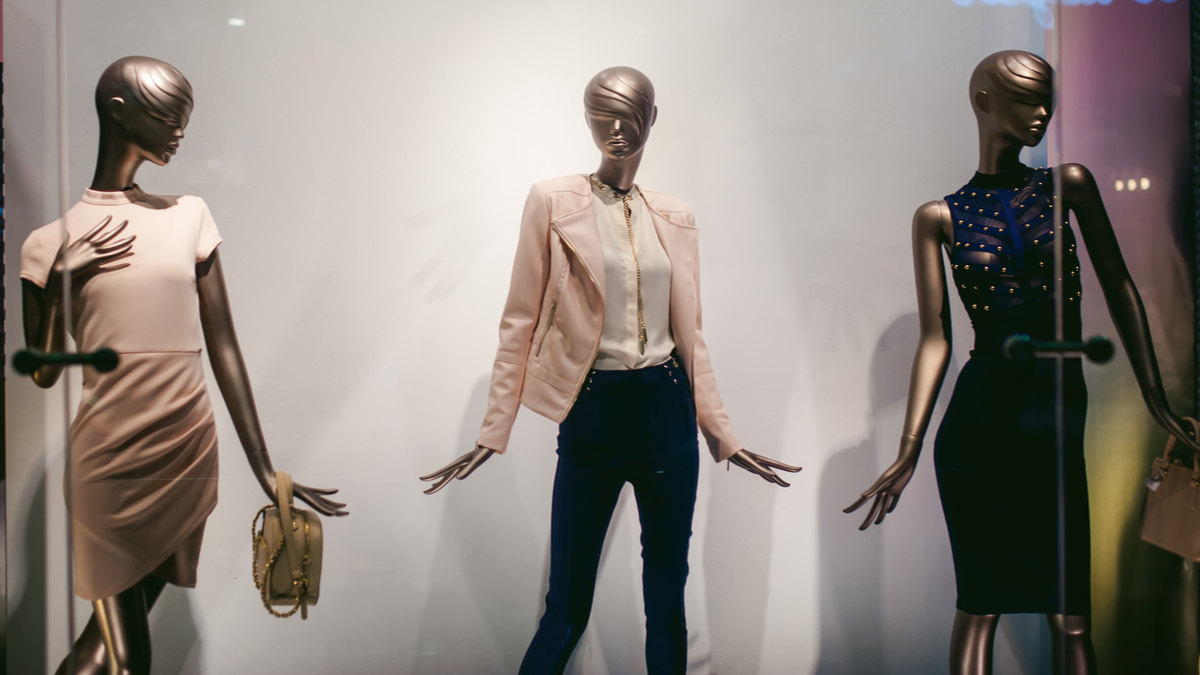
Lighting brings the visual merchandising in retail to life and highlights the features of your products. Light installations can emphasize your products' key attributes. Experiment with lighting to change the mood and ambience of your store. Use accent lights to draw your customers. Currently, LEDs are especially popular with younger customer bases.
Lighting requires attention to glare, contrast, and uniformity. Always layer the lights of your store and keep the ambient light soft for the accent lights to enhance your displays. You can use mirrors to reflect light and make your store visually stunning. Use light control systems to regulate the mood and ambience of your store.
Space
Space is an important element of visual merchandising in retail. Product presentation and intelligent use of space influence your store's effectiveness. Remember to pay attention to both positive and negative spaces. Positive space is where you place an item, and negative space is the space around the item. Both kinds of spaces should be emphasized to make your products stand out and your store visually appealing.
Storytelling
Everyone loves stories. You can harness the art of storytelling to elicit positive emotions from customers. In our times, people's attention spans are rapidly shrinking. Hence, visually engaging stories are necessary ingredients of marketing. Tell a story that connects with your customers: how will the clothes impact the lives of your customers? Use elements such as color, lighting, texture, pattern, landscaping, window display, signage, and layout to tell a story to your customers that appeals to all their senses.
Coordinate
There's nothing less visually appealing than a chaotic store. A disorderly clothing rack will put clients off completely, devaluing all your products' merits. The most successful stores schedule time every day for their staff to tidy up the store. If you don't have enough staff, items such as rack dividers and merchandising hooks will keep your stock coordinated throughout the day.
Creativity
Creativity is the most important element in visual merchandising in retail. Retailers must learn the art and science of fashion and more than just decorating the store and attracting customers with discounts and offers. The store should be arranged in such a scientific and precise manner that the store itself should act as the silent salesperson. Especially during the time of COVID, visual merchandising in retail must be used to the fullest to bump up sales. Make sure that you arrange visual merchandising in such a manner that it is easier for the customer to navigate with ease. Make sure that the floor plan remains open and clutter-free and the aisles are easy to walk down. The customer service should be such that people have the freedom to walk around the store with utmost ease and relaxation.
Change the displays monthly
You must keep in mind that promotional items have a short shelf life. Feature new arrivals every month to keep things fresh, and it will keep attracting new customers. The products which are meant to be together, keep them together. Don't dilute the importance of the products at the first appearance by keeping them apart. Later during the middle of the month or at the end of the month, keep the leftover items with the new arrivals to change the look. Also, move the existing displays around the store floor when the new arrival comes in. It brings a new look to the store.
Signage
Signs are important elements of visual merchandising in retail and so, use them wisely. Signs can either make or break your business. Add well-designed and well-worded signs around your store and outside and even on the store fixtures. The signs should be short and easy to read to grab the customer's attention. Always use large fonts for your signs as they are easier to read for everyone, especially senior citizens. Refrain from using any handwritten signs for your store as they give out an amateurish vibe. Never use ‘DO NOT TOUCH' in the store as it will directly affect the sales of the fashion store.
Fashinza connects you with manufacturers in the industry. We manage every stage from design to delivery. Start with a minimum order quantity of 50 pieces per design. Produce three times faster and experiment with multiple categories. Maximize your profit with the best prices in the industry.
















